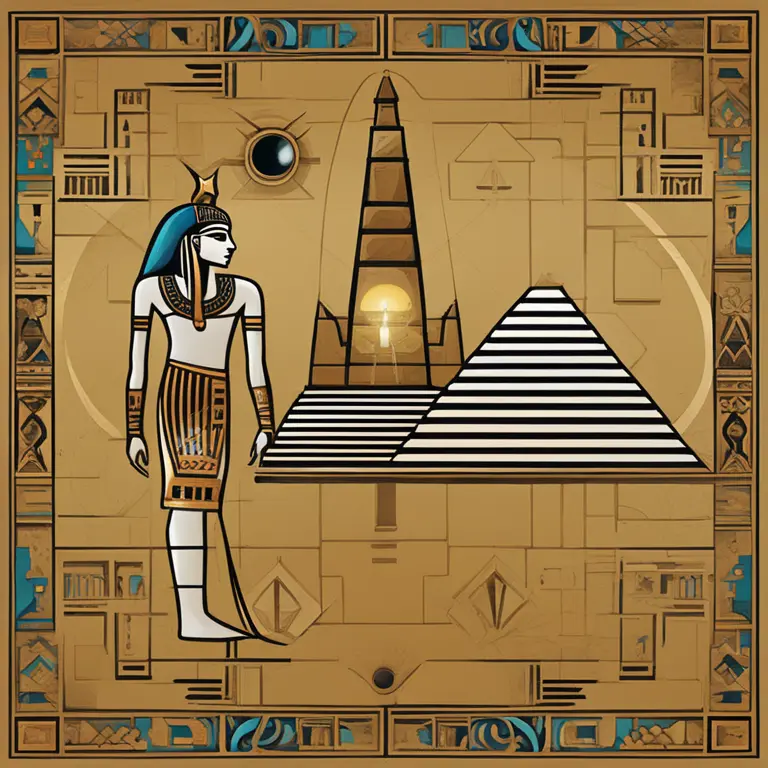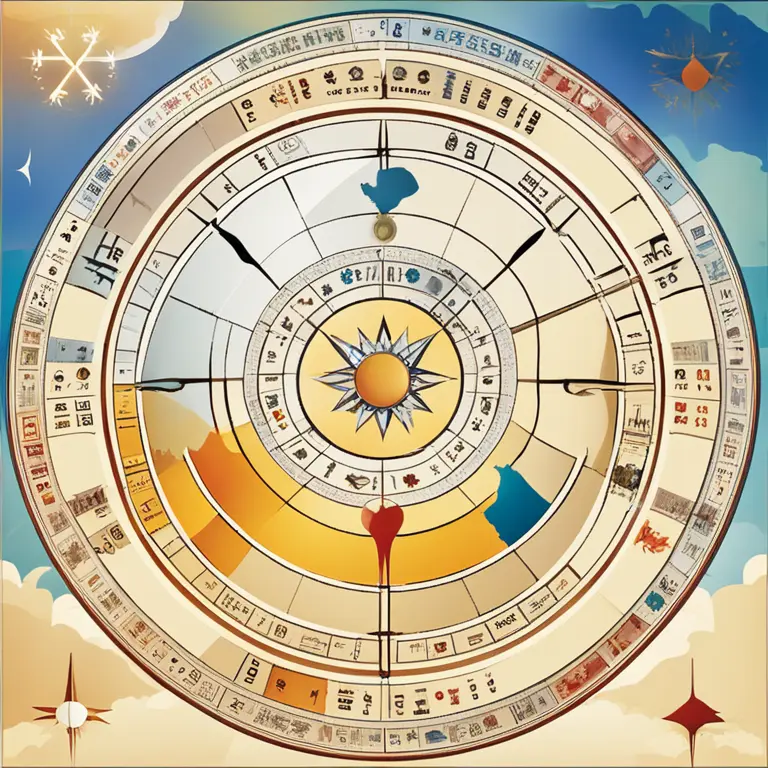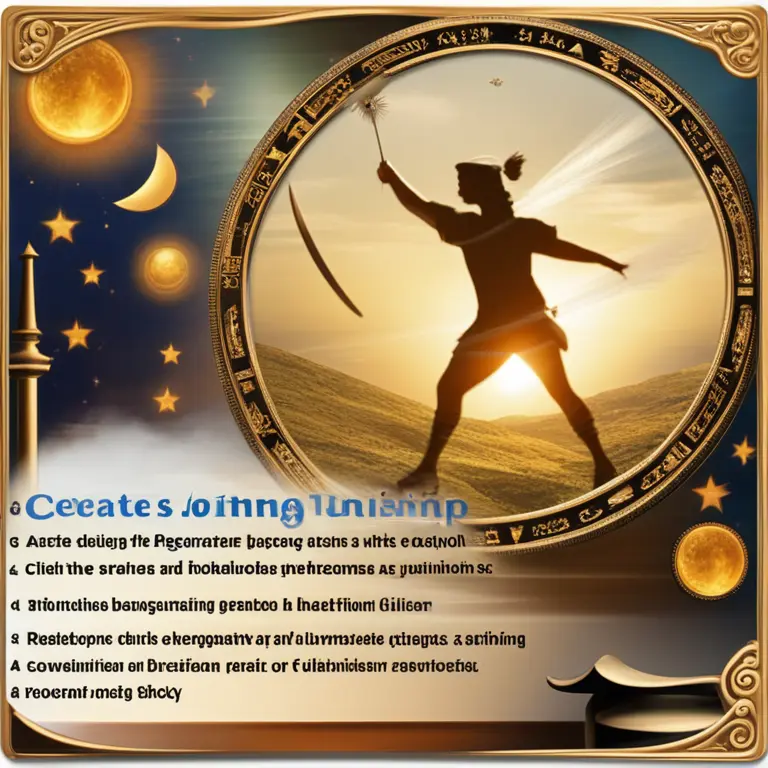
The Origins of Astrology: A Timeless Practice
Trace the beginnings of astrology and discover how ancient civilizations shaped what we know about the stars today. This historical journey brings the starry wisdom to the modern era.
article by Priya Deshmukh
Roots in Antiquity
Astrology has traversed a long path before being the digital divination art observed in the 21st century. Its inception dates back to the cradle of civilization, where the Babylonians first charted the stars to predict seasons and celestial events as early as the 2nd millennium BCE. These early astronomers noted planetary movements and related them to earthly events, an approach that reflected the intertwined nature of the heavens and human life.

Egyptian and Greek Influence
The practice gained complexity in Egypt, where the concept of 'decanates'—10-degree divisions of the zodiac—emerged. Astrology further evolved in ancient Greece through the works of philosophers like Plato and Ptolemy. Hellenistic Greece was particularly instrumental in advancing astrology, systematizing it into the form recognizable today with the zodiac signs and the introduction of horoscopic astrology, which utilizes a person's time of birth to cast predictions.

Spread Across Cultures
As trade routes expanded, so did astrology. It wound its way through the Arab world, where scholars translated and expanded upon Greek texts. The Islamic Golden Age saw advancements in astronomy and astrology, contributing significantly to the tools and techniques used in modern astrological practice. By the medieval period, astrology had reached Europe, becoming a respected scholarly tradition deeply intertwined with medicine and philosophy.

Renaissance and Astrology
The Renaissance sparked a profound interest in the esoteric, inviting a revival of astrological studies. Astrology enjoyed patronage from the powerful and affluent, which facilitated the production of intricate texts and tools, like astrolabes, essential for the casting of horoscopes. This era propelled astrology into social consciousness, making it a topic of interest among aristocrats and commoners alike.

The Shift to Modernity
A major shift came during the Enlightenment, when scientific rigor began to challenge traditional astrological beliefs. Astronomy and astrology parted ways, as the former pursued empirical investigation of celestial bodies, leaving astrology to those with an eye for symbolism and meaning. Despite its ancient roots, astrology has remained resilient, transforming and adapting to the changing landscapes of culture and society.
Astrology in the Digital Age
The advent of the digital age has once again altered astrology's form and reach. With countless websites, apps, and online services dedicated to astrological consultation and horoscope generation, astrology is experiencing another renaissance. In 2024 and beyond, astrology continues to be an accessible source of reflection and guidance for people seeking to understand themselves and their place in the universe through the positions of the stars.
Published: 1/12/2024
Modified: 1/12/2024
More predictions
Come back here soon to learn more about yourself and your future


The Truth Behind Astrology Readings
Dive deep into the realm of astrology to discover if there's any truth to astrological readings and the stars' influence on our lives.


Between Astrology & Astronomy
Delve into the intriguing relationship between astrology and astronomy, the ancient and modern perspectives on celestial observation.


Can Astrology Predict Lifespan's End?
In the intricate dance of the stars, can life's final curtain call be foretold? Delve into the astrological perspective on predicting life's ultimate inevitability.